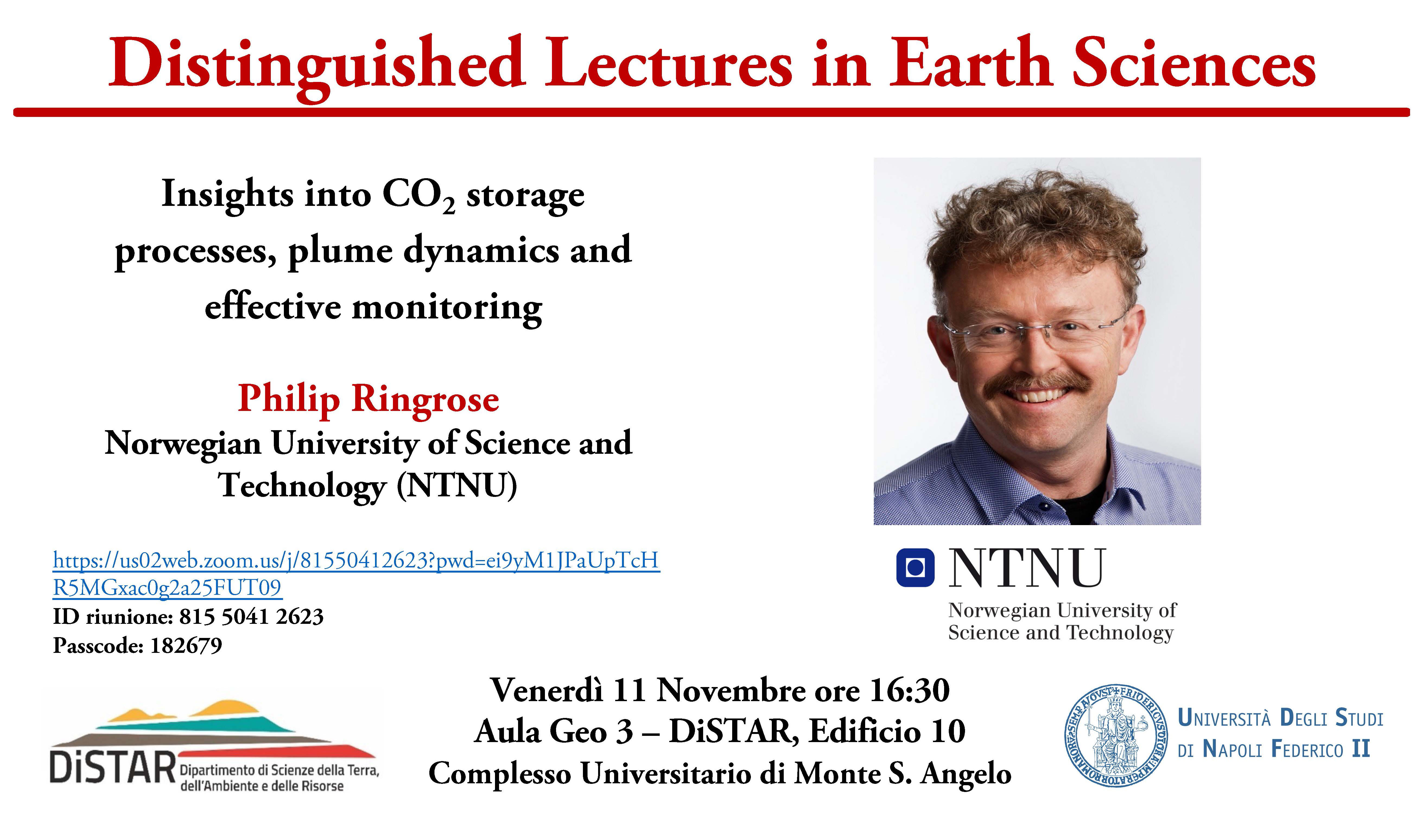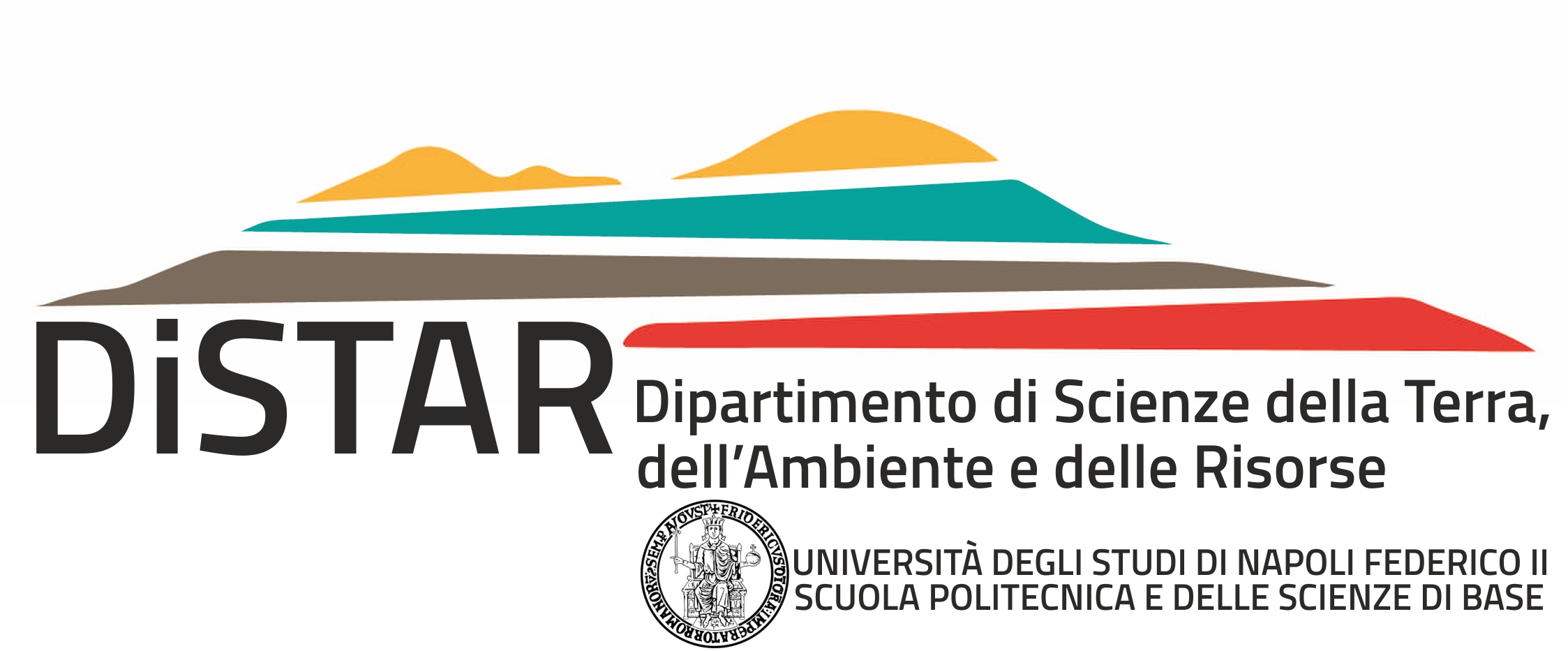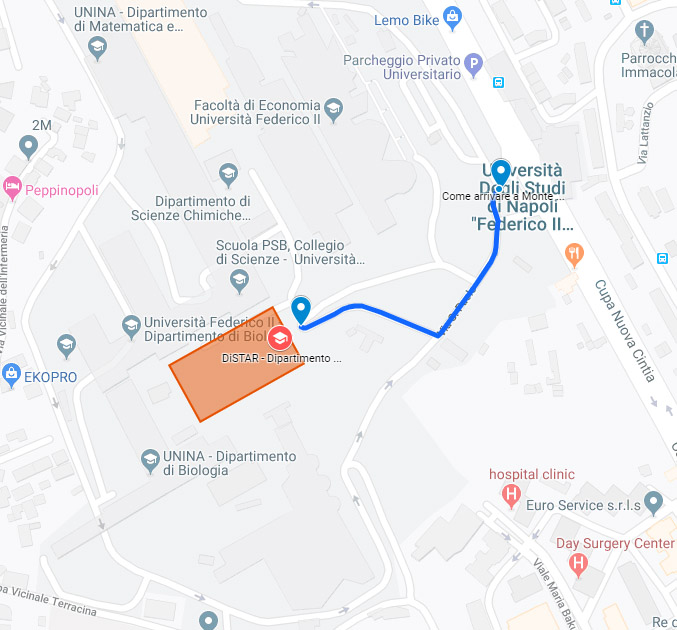Distinguished Lectures in Earth Sciences
Insights into CO2 storage processes, plume dynamics and effective monitoring
Aula Geo 3 – DiSTAR, Edificio 10
Complesso Universitario di Monte S. Angelo
R5MGxac0g2a25FUT09
ID riunione: 815 5041 2623
Passcode: 182679

Insights into CO2 storage processes, plume dynamics and effective monitoring
In this talk Phil Ringrose summarizes the development of industrial-scale CCS in Norway, starting with the Sleipner project in 1996. The long timescales of operational experience and the associated monitoring datasets (especially time-lapse seismic) provide important insights into how CO2 storage in saline aquifers actually works. For example, the Sleipner project can be used to assess the storage efficiency and used to calibrate theoretical estimates based on fluid dynamics. The observed speed of lateral and vertical plume expansion can also be quantified, helping to calibrate forward models at other sites. Likely rates of pressure increase and the factors controlling formation pressurization can also be quantified. This experience is vital as we attempt to achieve global scale-up of CCS technology.
Biography
Philip Ringrose is (part-time) Professor in CO2 Storage at the Norwegian University of Science and Technology (NTNU) and a leader in the Centre for Geophysical Forecasting based at NTNU. He is also a specialist in CO2 storage and reservoir geoscience at the Equinor Research Centre, Trondheim, Norway. He has published widely on reservoir geoscience and flow in rock media and has published textbooks on ‘Reservoir Model Design’ and ‘How to Store CO2 underground.’ He was elected as the 2014-2015 President of the European Association of Geoscientists and Engineers (EAGE) and in 2018 he was appointed as Honorary Professor (Sustainable Geoenergy) at the University of Edinburgh, School of Geosciences, Edinburgh, UK.
Academic profile at Philip Ringrose - NTNU






